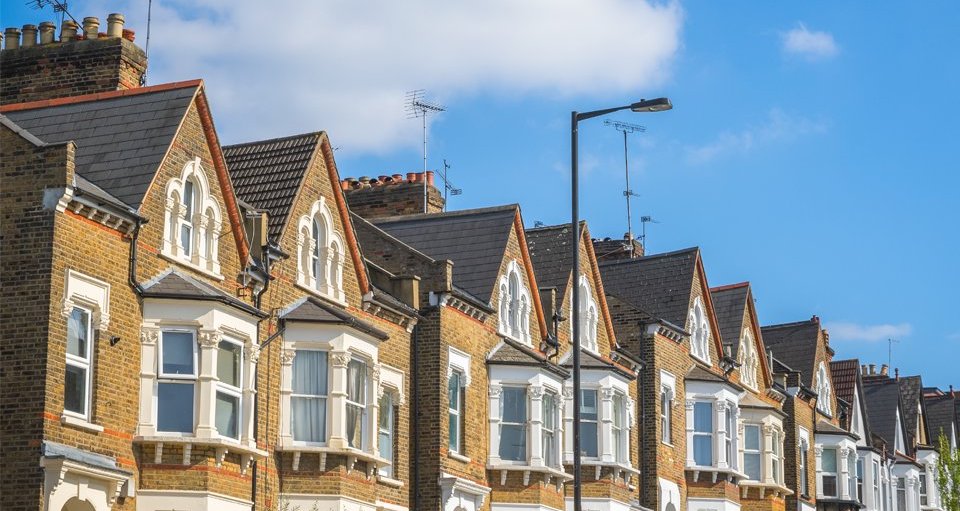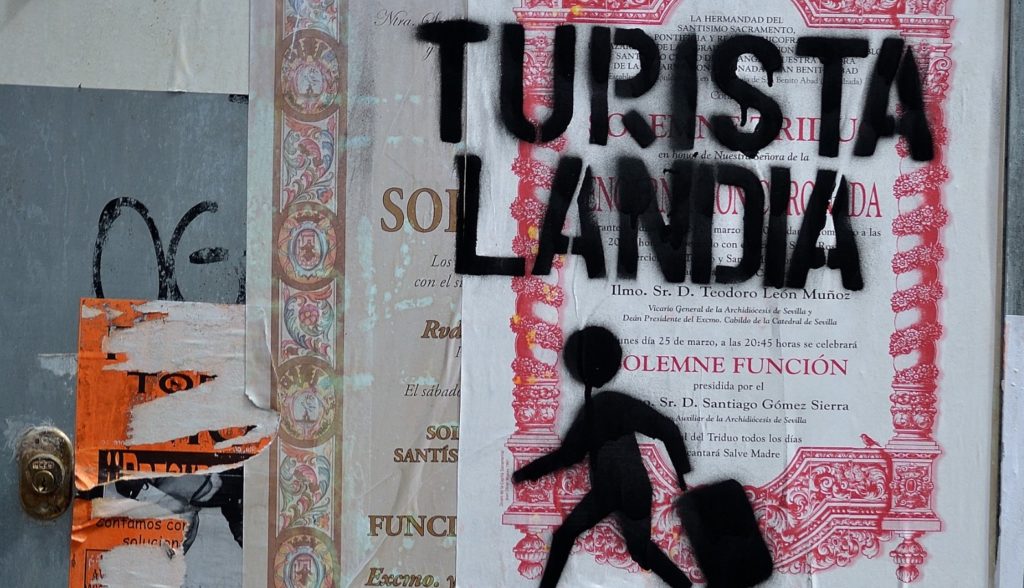By Tom Lavin (@TomLavin13)
On Wednesday, whilst Keir Starmer received near-unanimous congratulations from the professional pundit class for his ‘grown-up’ and ‘forensic’ debut performance at Prime Ministers Questions, the Labour Party quietly confirmed that they had watered-down their position on renter’s rights during the COVID-19 crisis.
Labour’s previous policy position was that rent payments should be suspended during the COVID-19 crisis for those adversely affected by the crisis, in other words, renters who had taken a financial hit because of the crisis would not have to pay rent for the occupation of their home during the crisis period.
The policy has now changed from rent suspension to rent deferment i.e. Labour’s new policy is that renters should have to pay rent for their time spent occupying their homes during the crisis but not until a later date, with Starmer’s team calling upon the Government to “legislate for a further, manageable period for renters to pay back deferred rent”.
Given the COVID-19 crisis has caused Britain’s fastest economic contraction on record with a recession and unprecedented squeeze on incomes likely we are deeply unimpressed that the Opposition party’s proposed protection for renters is to put us into (more) debt.
With (supposed) friends like these, who needs enemies!
Whilst it is true that home-owners with mortgages who take advantage of the ‘Mortgage holiday’ will also have to pay housing costs for the crisis period, these payments can be tacked onto the end of the term of their mortgage i.e. at a point in time where they have no other housing costs.
Because a renter is forced to pay rent in perpetuity, there is never a point in time when our housing costs cease (such is the life of the host in a parasitic relationship!). As such, Labour’s new proposals would see renters forced to pay both their ongoing rent and arrears accrued during the crisis simultaneously.
With an unprecedented global financial crisis as the backdrop.
When the immediate crisis is over, just like in the aftermath of the Global Recession of 2008, the Tories will begin talk of ‘austerity’, ‘hard choices’ and ‘necessary cuts’. Indeed, former Chancellor George Osborne, the architect of the post-2008 recession austerity, is already doing so (as an aside, it may or may not be significant that he was one of the many pundits praising Starmer on Wednesday)
It is extremely disheartening to see that the Labour party appear to have already capitulated and taken the decision that, rather than the billionaires or Landlords, renters should foot the bill for the crisis and be thankful we are allowed to do so over a ‘manageable period’.
Not good enough!
Tom Lavin is a trainee solicitor working in housing law, and sits on the committee of ACORN Liverpool. You can follow ACORN Liverpool @AcornLiverpool.
Image credit: Tribune Magazine.

















